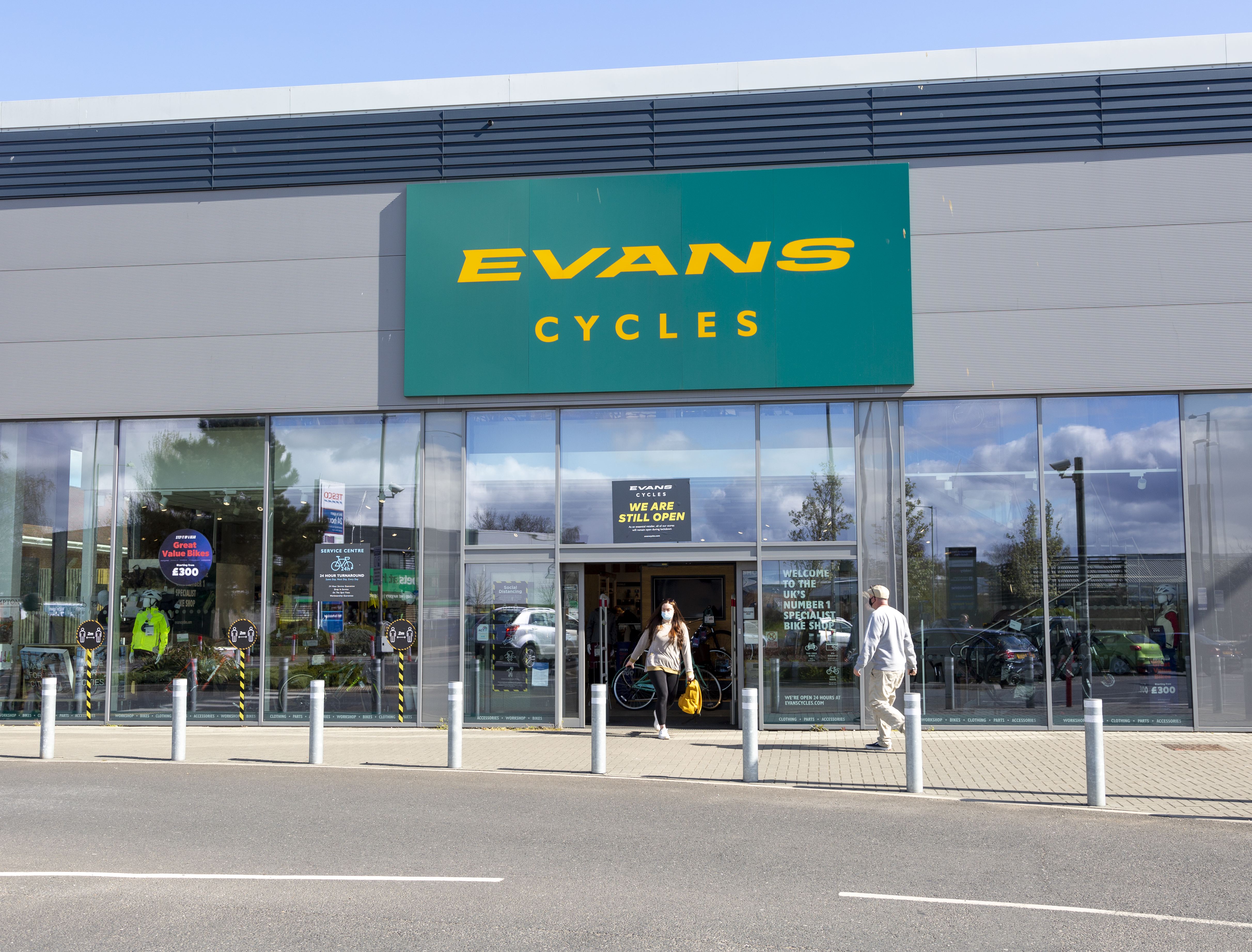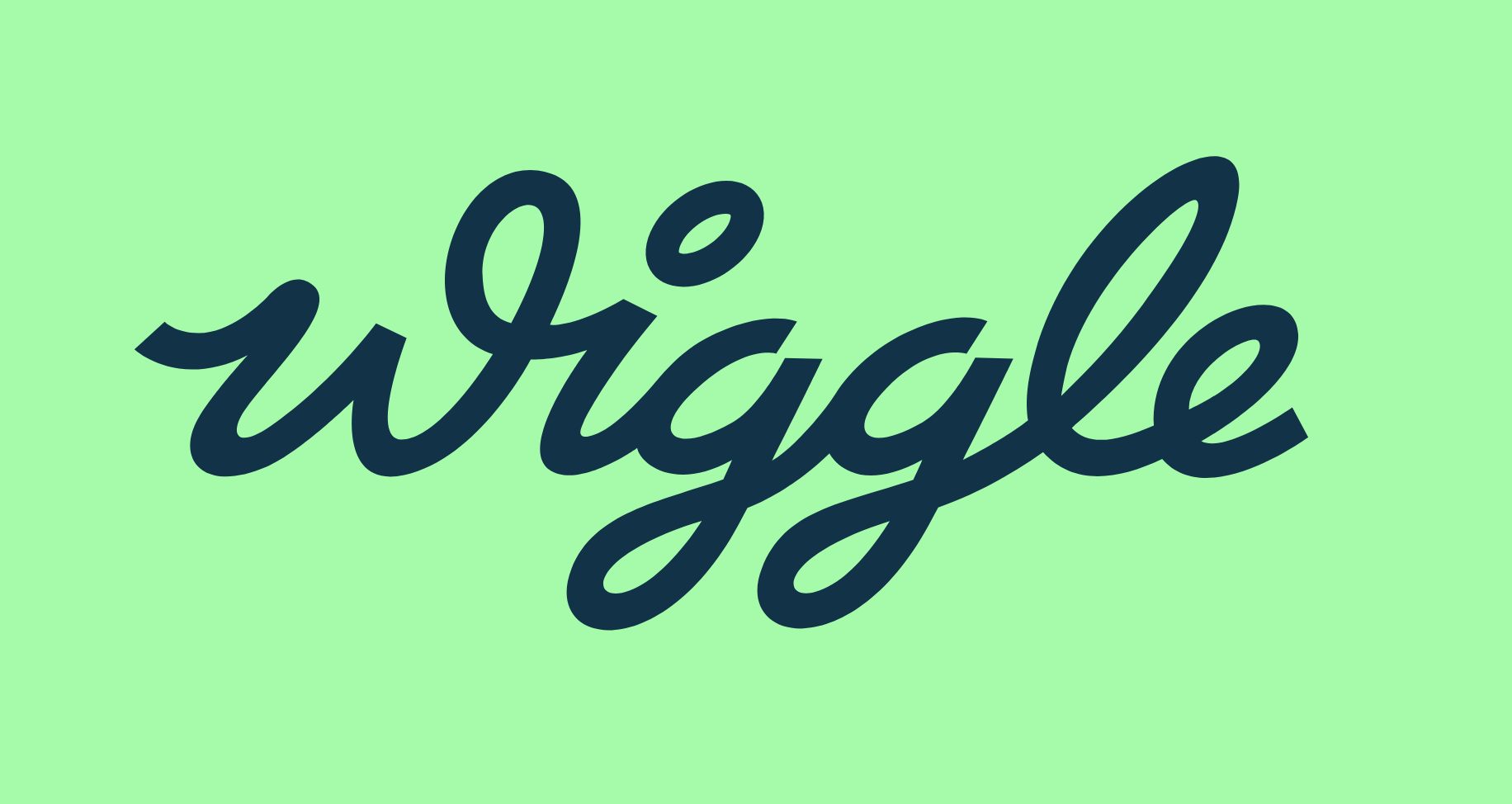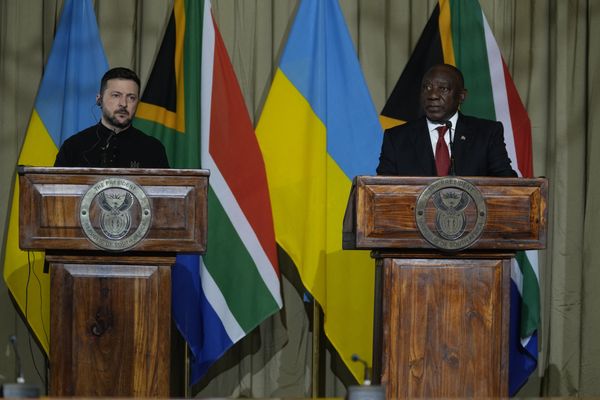
Over the weekend, news emerged that online cycling retailer Wiggle Chain Reaction Cycles had finally found a buyer.
Mike Ashley’s Frasers Group, one of the UK’s most prominent retail behemoths, told Cycling Weekly it did not "seek to correct" a report in The Times that it has swept up the company, which entered administration in October last year, buying the brand and intellectual property for under £10m. The news signalled the end of a five-month saga for Wiggle, but mirrored the start of a more recent tale - that of Evans Cycles.
In 2018, Sports Direct founder Ashley bailed Evans Cycles out of administration, just as he appears to have done with Wiggle. The British bike shop chain had found itself in financial difficulty, short of cash to continue as a business. The company was presented to buyers with a cheap price tag, and Ashley picked it up as part of a pre-pack administration for £8m, almost a tenth of what the previous owners had paid three years earlier.
"We are pleased to have rescued the Evans Cycles brand," Ashley said at the time, but the acquisition did not put an end to Evans' struggles. "In order to save the business we only believe we will be able to keep 50% of stores open in the future. Unfortunately some stores will have to close."
The closures, though not as many as 50%, led to mass staff layoffs, and only managed to alleviate some of the company’s losses, rather than turn them around.
In the seven months following Ashley’s buyout, Evans posted pre-tax losses of over £9m. This figure improved to a £2m loss in the year to April 2020, before falling again in the company’s most recent accounts, which showed a loss of over £5m in 2022.
Put simply, Evans is still in the red. As part of Ashley’s colossal portfolio, though, the brand’s losses can be easily taped over, secured by larger capital. Frasers’ latest accounts showed a whopping pre-tax profit of £660m, driven mostly by sales through Sports Direct.
In the wider scheme of Frasers' business, Evans' losses might therefore seem insignificant. But the group has still looked to slash costs. In the midst of the pandemic, 300 members of Evans staff were laid off, and others were moved to zero-hour contracts, with no promise of stable working hours.
Today, Evans sells a range of lower end cycling products from Sports Direct's portfolio, like Muddy Fox, and an X account called 'Avoid Evans Cycles' exists to highlight customer complaints.
The brand was saved from the brink by Frasers, but continues to struggle in the cycling market.
What does the future hold?

The situation with WiggleCRC looks even more complicated. The cycling retailer posted jaw-dropping losses of £97m in its most recent accounts, owes money to 400 creditors in the administration, and recently laid off almost every member of staff, Cycling Weekly revealed, leaving question marks over who is running the online and warehouse operations. According to a former employee, the company has "hit rock bottom". There is unlikely to be a quick fix.
It is also uncertain at this stage how Frasers might manage WiggleCRC and its brands, which count dhb, Vitus and Nukeproof. Will they now be sold through Evans and Sports Direct stores? Or will Ashley hang onto the existing online sales model?
Those who were on the inside have their own theories. One former staff member told Cycling Weekly that Wiggle's service would be "easy to resurrect through Evans", trading the stock online and in store.
Another was less clear on the brand's future. "I don't know if [Ashley] will just list his products on Wiggle's page, or whether it will just be a dirty redirect style thing," they said. "Who knows?"
The bottom line is, until the details of the acquisition are unveiled in full, only Frasers know where their intentions lie. The group is no stranger to cashing in on companies in free fall; Ashley is known as a high street tycoon, with a business strategy that has been likened to the feeding habits of a vulture.
Dr Gordon Fletcher, a business expert at the University of Salford, has seen deals like this one before. "With a number of these purchases, they've done things like they've only bought the brand name, they've only bought the IP, and not bought all of the other elements," he said.
"It looks like the assessment of Wiggle is that the value lies in the IP and in the brands, rather than perhaps its current way of retailing."
If this is the case, and if Evans' story is anything to go by, it looks like further cuts might be on the horizon for Wiggle. Branches of the business, such as its in-house brands, could be ripped off in shreds and thrown to Frasers' other sports titles. The metaphorical carcass is still warm - expect the feast to follow.
A spokesperson from Frasers Group told Cycling Weekly that it would not be commenting further, following the news of the acquisition on Sunday.







